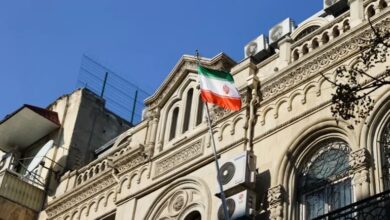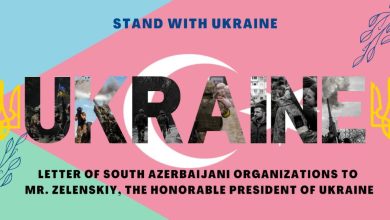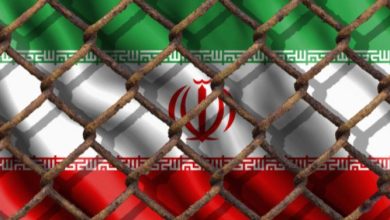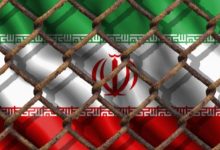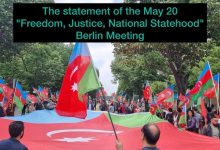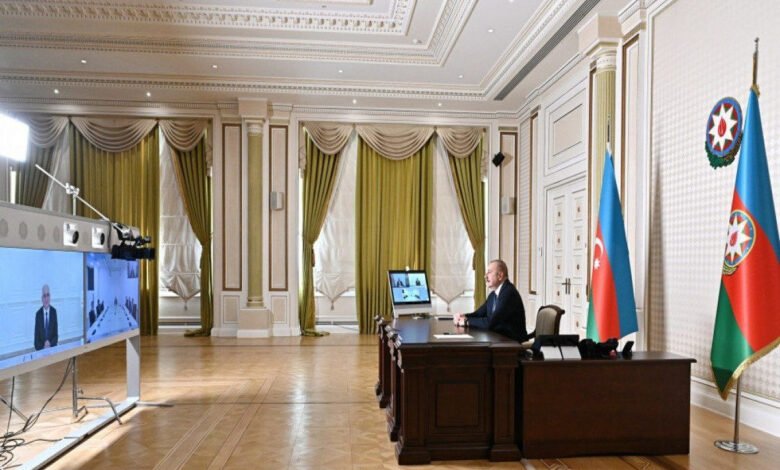
A tweet from the European chair of the Iran nuclear talks in Vienna signaled Friday a break as participants “go back to capitals for consultations.”
Enrique Mora, head of staff of European Union foreign policy chief Josep Borrell, wrote that that “political decisions are needed now,” with negotiations expected to resume next week. The eighth round of the talks beginning December 27, he noted, had been “so far the longest” since efforts began in Vienna last April to revive the 2015 Iran nuclear deal, the JCPOA (Joint Comprehensive Plan of Action).
A separate statement from the three European talks participants– France, Germany, and the United Kingdom − noted: “Everyone knows we are reaching the final stage, which requires political decisions.”
The Europeans’ reference to political decisions echoed remarks from both Iranian foreign minister Hossein Amir-Abdollahian, who Monday said talks were reaching a point where “we have to make a political decision,” and Brett McGurk, the United States National Security Council Middle East coordinator, who Thursday told a webinar that talks would reach a “culmination point…pretty soon.”
The greatest task in the talks – involving remaining JCPOA signatories (China, France, Germany, Iran, Russia, and the United Kingdom), and indirectly the US – has been agreeing which US sanctions violate the 2015 agreement and how the Iranian nuclear program, which Tehran has developed since 2019, can be returned to JCPOA limits.
Many issues are both technical and political. A French presidential official, speaking to reporters Friday after a telephone call between French President Emmanuel Macron and Russian President Vladimir Putin, said clarification was still needed over nuclear steps Iran needed to take and over Iran’s demand for guarantees that the US would not again leave the agreement.
While many US sanctions introduced since 2018, when President Donald Trump left the JCPOA, are clearly contrary to the agreement, others were introduced on grounds including human rights or links to the Iranian Supreme Leader’s office.
McGurk’s claim to Carnegie that the talks had returned to a point reached last June, when they were suspended pending the Iranian presidential election, illustrated the political challenge that could face new President Ebrahim Raisi, many of whose supporters are long-term JCPOA critics.
Raisi Challenge
While much debate among Iran’s principlists has lately been over possible direct bilateral talks with the US to reach agreement in Vienna, Raisi would need to present a revived JCPOA as more favorable to Iran than anything that would have been agreed by his centrist predecessor Hassan Rouhani.
JCPOA revival is also controversial in the US, where the State Department confirmed earlier this week that Richard Nephew, the Deputy Special Envoy for Iran, had left the negotiation team for another post in the State Department. The Wall Street Journal claimed the move was prompted by Nephew, a seasoned architect of sanctions, failing to achieve a more assertive US approach in the talks.
Biden came to office pledging to revive the JCPOA, which his Republican Party predecessor President Donald Trump, left in 2018, but has faced criticism not just from Republican Congresspeople and lobbyists but from some within his own Democratic Party.
Russia’s top negotiator in Vienna, Mikhail Ulyanov, tweeted Friday a cautious prediction: “My instinct tells me that agreement will be reached soon after mid-February.”


